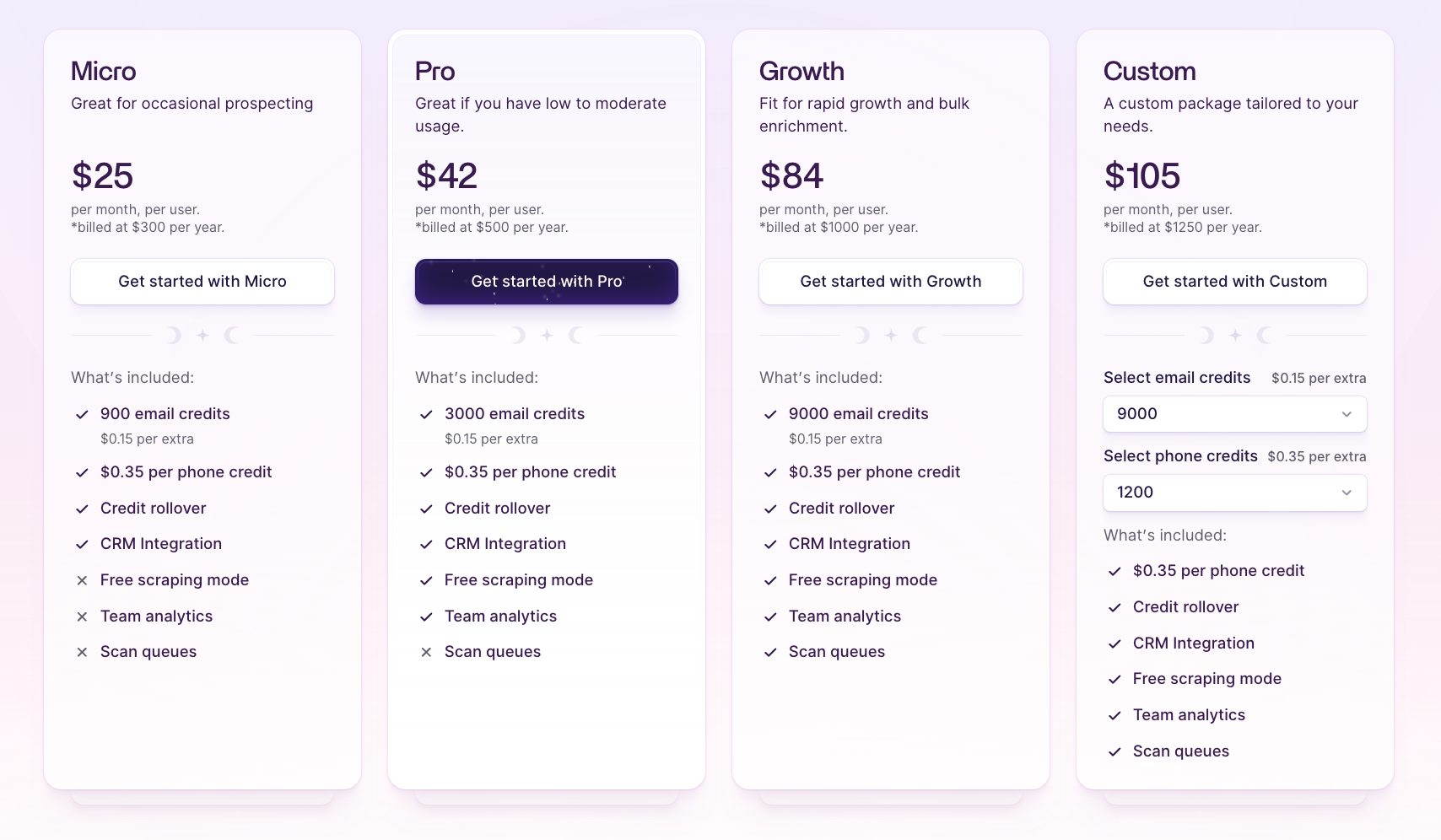Leading Database Providers for High-Performance Applications
Leading Database Providers for High-Performance Applications
Blog Article
Secret Attributes to Seek When Selecting a Database Provider
Choosing a database supplier is a critical decision that can substantially affect your company's information and procedures administration method. Amongst the necessary attributes to take into consideration are scalability alternatives, which make certain that your system can adjust to expanding needs.
Scalability Options
When picking a data source supplier, recognizing scalability alternatives is critical to ensuring that the picked solution can accommodate future growth. Scalability refers to the capacity of a data source system to increase its ability and performance in feedback to raised need. There are two primary sorts of scalability: horizontal and vertical.
Upright scalability, or "scaling up," entails boosting a single server's sources, such as CPU, RAM, or storage. This method can be cost-effective and uncomplicated for smaller applications but might reach a limit where further upgrades are too expensive or not practical.
Horizontal scalability, or "scaling out," involves including extra servers to distribute the lots. This strategy enables greater adaptability and can fit significant rises in data quantity and individual traffic (database provider). It is specifically helpful for cloud-based database remedies that can dynamically assign sources based on need

Security Actions

When assessing safety and security steps, consider the implementation of security methods (database provider). Data-at-rest and data-in-transit security are necessary to make certain that delicate info remains protected, also in the occasion of a safety breach. In addition, seek suppliers that provide strong verification systems, such as multi-factor authentication (MFA), to further boost gain access to control
Regular security audits and conformity with market standards, such as GDPR or HIPAA, are a measure of a supplier's commitment to information security. Furthermore, ask about their incident feedback plan; a durable strategy can minimize the influence of any type of potential safety incident.
Efficiency Metrics
Assessing efficiency metrics is vital for companies to make sure that their chosen data source service provider fulfills operational needs. Key efficiency metrics consist of reaction scalability, time, and throughput, which collectively establish the efficiency of data source procedures under varying tons.
Feedback time is crucial, as it mirrors how rapidly the data source can refine queries and return results. Organizations needs to look for metrics that suggest ordinary response times during optimal and off-peak hours. Throughput, often determined in deals per second (TPS), offers understanding right into the data source's ability to deal with high volumes of demands without efficiency destruction.
Scalability evaluates the database's ability to expand with the company's needs. A robust data source carrier should demonstrate upright and straight scaling abilities, enabling smooth changes as needs rise and fall. Additionally, understanding latency, especially in distributed systems, can assist organizations examine the responsiveness of the data source throughout various geographical areas.
Client Support
Reliable customer assistance is a keystone of efficient database management, providing companies with the aid required to settle problems and enhance performance. When selecting a data source service provider, reviewing the degree of customer assistance they offer is necessary. A robust support group should include several networks of interaction, such as phone, e-mail, and live chat, making certain that customers can access aid whenever they require it.
In addition, receptive support teams that are available 24/7 significantly improve the dependability of the database service. Trigger reaction times and reliable resolution of issues can significantly minimize downtime and boost general performance. It is likewise beneficial to think about the schedule of devoted assistance personnel, that can supply tailored help based on an organization's details needs.

Pricing Framework
When considering a data source service provider, the rates structure is a crucial element that can dramatically affect a company's site here budget and total technique. A clear and flexible pricing design is essential for straightening the database costs with organization needs - database provider. Organizations needs to assess whether the prices is based upon consumption, per individual, or a level rate, as each design can generate different monetary implications in time
It is necessary to evaluate any extra prices connected with the company's solutions, such as data storage charges, purchase costs, and support fees. Some carriers may provide tiered rates, permitting scalability as the organization grows, while others might enforce rigorous limits that might end up being pricey as information requirements enhance.
In addition, organizations ought to take into consideration the long-term value of the database service. While reduced preliminary costs can be enticing, review they might not make up future upgrades, upkeep fees, or integration expenses. Performing a comprehensive cost-benefit analysis will certainly help identify one of the most suitable pricing structure that balances scalability, efficiency, and support, inevitably making certain that the picked data source company lines up with the organization's financial and functional objectives.
Verdict
In conclusion, selecting a database provider demands careful factor to consider of various essential features. Reviewing performance metrics enables the recognition of effective databases, and accessible consumer assistance boosts the general user experience.
Picking a database carrier is a vital choice that can significantly affect your company's procedures and data management technique.When choosing a data source provider, comprehending scalability choices is critical to ensuring that the chosen service can fit future development. When picking a data source provider, evaluating the level of customer support they provide is vital.When thinking about a data source supplier, the rates framework is a crucial variable that can dramatically influence a company's spending plan and total approach. Performing a detailed cost-benefit evaluation will certainly assist determine the most appropriate prices structure that check balances support, performance, and scalability, eventually guaranteeing that the selected data source carrier straightens with the organization's operational and financial purposes.
Report this page